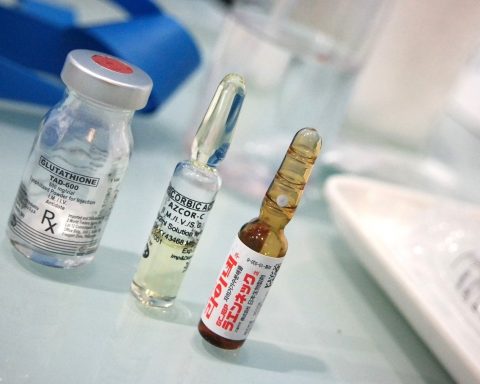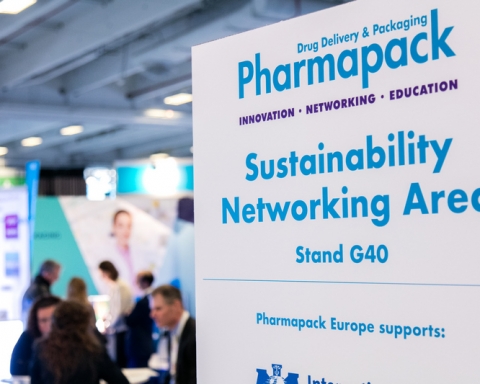Pharmaceutical packaging processes have witnessed innovations in the past decade. Companies engaged in pharmaceutical packaging are increasingly focusing on minimizing errors to ensure that correct and defect-free medicine reaches consumers. Pharmaceutical glass ampoules are extensively used in pharmaceutical and chemical laboratories to preserve and store medicinal fluids, capsules, and liquids that are deployed in a range of pharmaceutical applications. Pharmaceutical glass ampoules are predominantly used to prevent contamination and mix of medicines, and have influenced the shelf life of products.
Pharmaceutical glass ampoules find a range of applications in pharmaceuticals, diagnostics, retail industry, spa items, first aid, cosmetics, dental, toiletries, store hygroscopic materials, and air-sensitive reagents. Pharmaceutical glass ampoules have been widely used to package injectable drugs for several decades and the trend is set to continue during the forecast period (2019-2027). Thus, the pharmaceutical glass ampoules market is expected to reach a value of ~US$ 4 Bn by the end of 2027. The demand for pharmaceutical glass ampoules is witnessing a notable growth in developing regions such as Latin America, Asia Pacific, and Eastern Europe. The growing adoption of pharmaceutical glass ampoules in these regions coupled with the efforts to achieve higher yields are some of the leading factors that are expected to drive the global pharmaceutical glass ampoules market during the forecast period.
Glass has garnered the reputation of being a ‘gold standard’ primary packaging material within the pharmaceutical sector. A significant high volume of pharmaceutical formulations is packaged and stored in pharmaceutical glass ampoules. The pharmaceutical glass ampoules market is witnessing significant growth, as the inorganic nature of glass makes it highly resistant to chemicals and reactive substances. Glass ampoules play an imperative role in protecting the integrity of the drug and prevent it from contamination. Furthermore, as glass ampoules are available in a range of shapes and sizes, their applications continue to expand. At present, several players operating in the glass pharmaceutical glass ampoules market are manufacturing customized glass ampoules to cater to the swelling demand from various end-use industries.
In terms of product, straight stem and open funnel glass ampoules are expected to witness an increase in demand during the forecast period. With just over 10,098 million units sold worldwide, the straight stem product segment accounted for a share of ~33% of the pharmaceutical glass ampoule market in 2018, in terms of volume. This segment is projected to account for a share of ~36% of the pharmaceutical glass ampoule market in 2027, as manufacturers are deploying advanced technologies and cutting-edge manufacturing processes to enhance their production capacities and improve product quality. For instance, several companies operating in the pharmaceutical glass ampoules market are increasing their manufacturing capabilities by launching high-speed filling lines to improve the functionalities of glass ampoules. Several other participants in the current pharmaceutical glass ampoule market are developing glass ampoules with highly stable dimensional qualities by leveraging the progress in the new filling line technology.
Growing Adoption of Ampoules in the Cosmetic Industry
Pharmaceutical glass ampoules have witnessed an increase in demand from the cosmetic industry, particularly in the Asia Pacific. Glass ampoules have gained significant popularity among cosmeceutical users in various countries, including South Korea and China. Additionally, as per the current observable trends, more number of cosmetic brands are inclined toward packaging their serums and products in glass ampoules. The shift from using conventional glass bottles to glass ampoules has been primarily triggered by the exceptional capabilities of glass ampoules to retain the potency of these liquids.








